Released in 1972, Cabaret was and remains a landmark film in movie history. The Liza Minnelli-starrer won several Academy Awards that year, and even critical acclaim from audiences worldwide. Cabaret, at surface level, is a fun-filled musical with stellar numbers that happens to be set in Berlin at the onset of the Nazi party propaganda.
However, the clever musical holds more political and social importance by showing how quickly and sinisterly the Anti-Semitism gripped an otherwise welcoming nation while everyone remained oblivious. The cultural and artistic significance of the movie remains untouched in 2021.
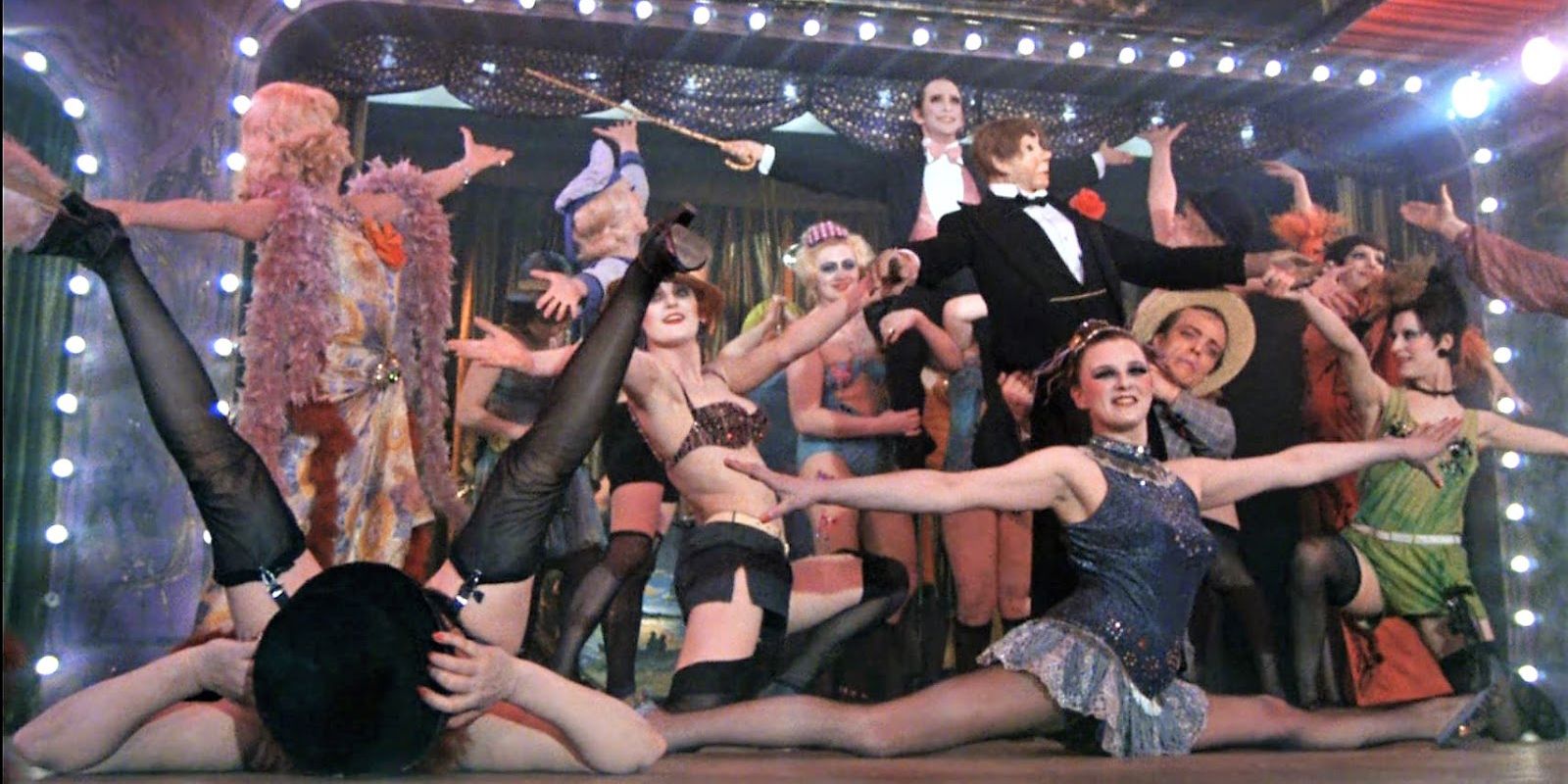
Bob Fosse, the director and choreographer of Cabaret was a dancer himself, so he knew how to devise the right steps and what camera movements would enhance the dance routines in the Kit Kat Club, which is a skill few other directors have.
The dances set to iconic numbers like "Mein Herr", "Money Money" and "Wilkommen" were executed very skillfully, with shots that changed to the beat of the music and the right collection of wide and close angles which allowed the movements to breathe. The rhythmic editing of Cabaret has stood the test of time, making it one of the best.
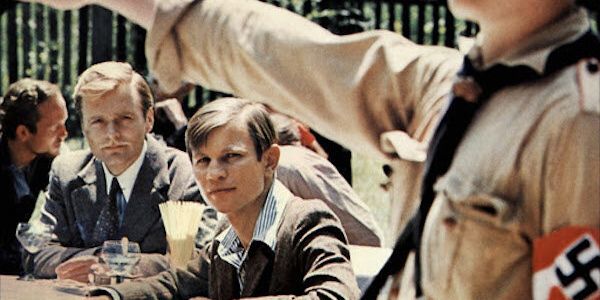
Culturally, Cabaret is extremely relevant in modern times. The movie began with most people in Berlin ostracizing and kicking out Nazis from clubs, but their propaganda and hatred crept into society in an insidious manner, which can be seen in the scene where the young innocent boy sings "Tomorrow Belongs To Me," gradually revealed to be wearing the Swastika. The entire seated party joins him.
This infiltration of hate and discrimination stands true in today's society, with increased xenophobia, casual racism, and policing of certain minorities. History, as well as the movie, serve as an important warning to heed in 2021.
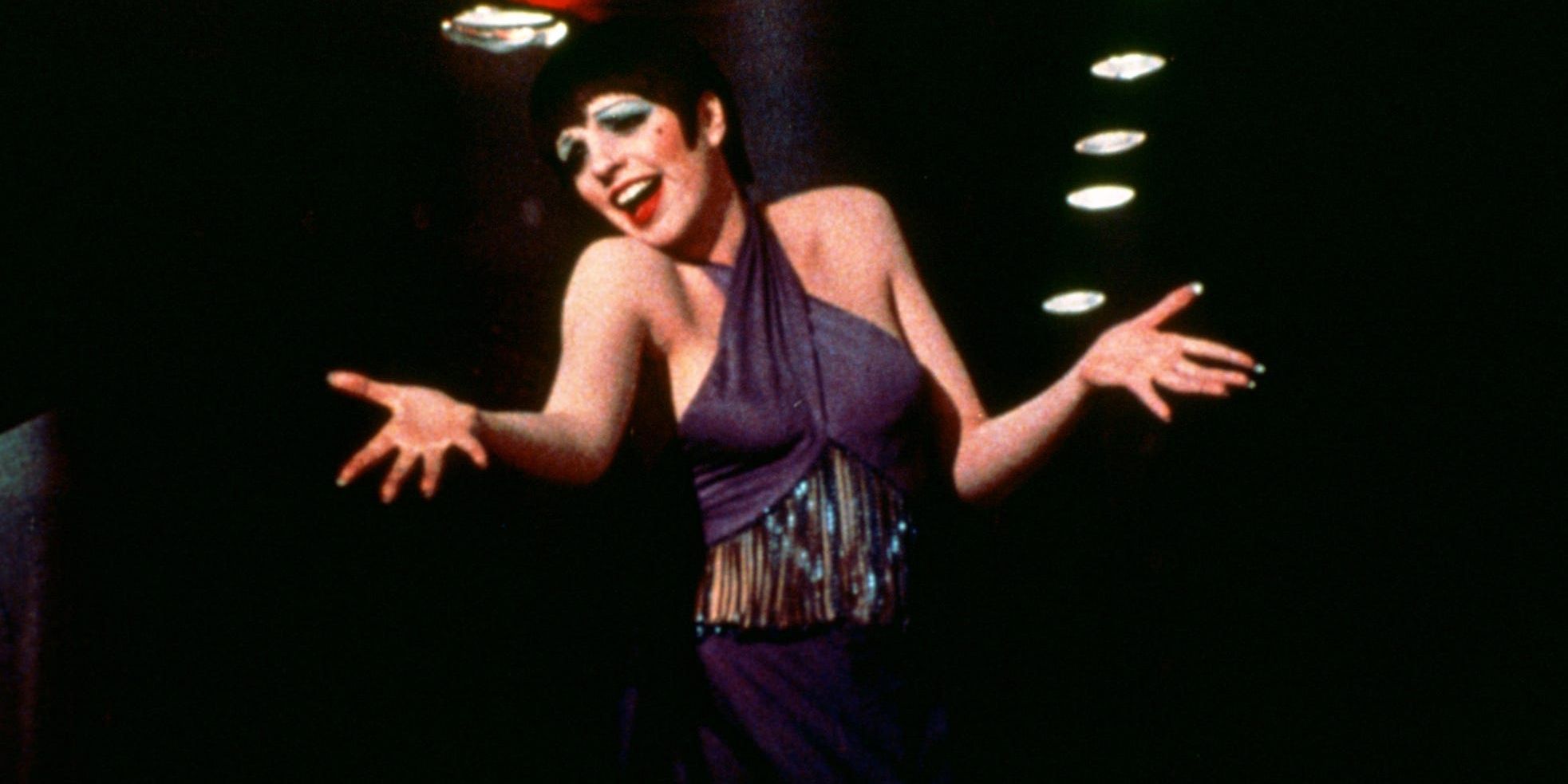
While based on a musical, Cabaret is also based on a book (The Berlin Stories) which contains a short story about her character Sally Bowles and her escapades with her two lovers. Liza Minnelli was already known for her musical chops beforehand, but this was the first movie that she got to sing in, and she swept audiences away.
Her solo songs were absolutely fantastic, with powerful vocal delivery, dance moves to match, and stellar acting as the nihilistic dancer who cared for little else but herself.
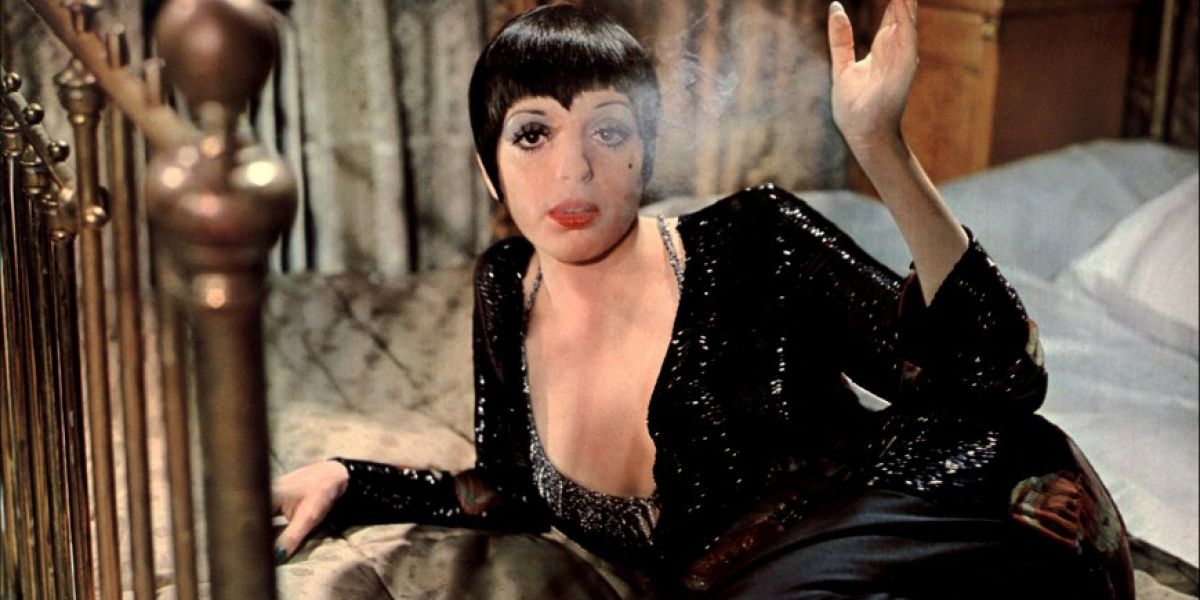
Sally Bowles' freewheeling character is similar to Audrey Hepburn's in one of her best movies, Breakfast At Tiffany's. Sally lived in a way that was frowned upon in the 30s, eschewing what a "proper woman" would do and replacing that with doing what she wanted, whether it was collecting lovers, putting her singing career before a family, or shedding conventional manners.
Sally lived a free life, and while she doesn't mention it, her way of life is a feminist one where she does what she chooses, and lets other women live the way they like.
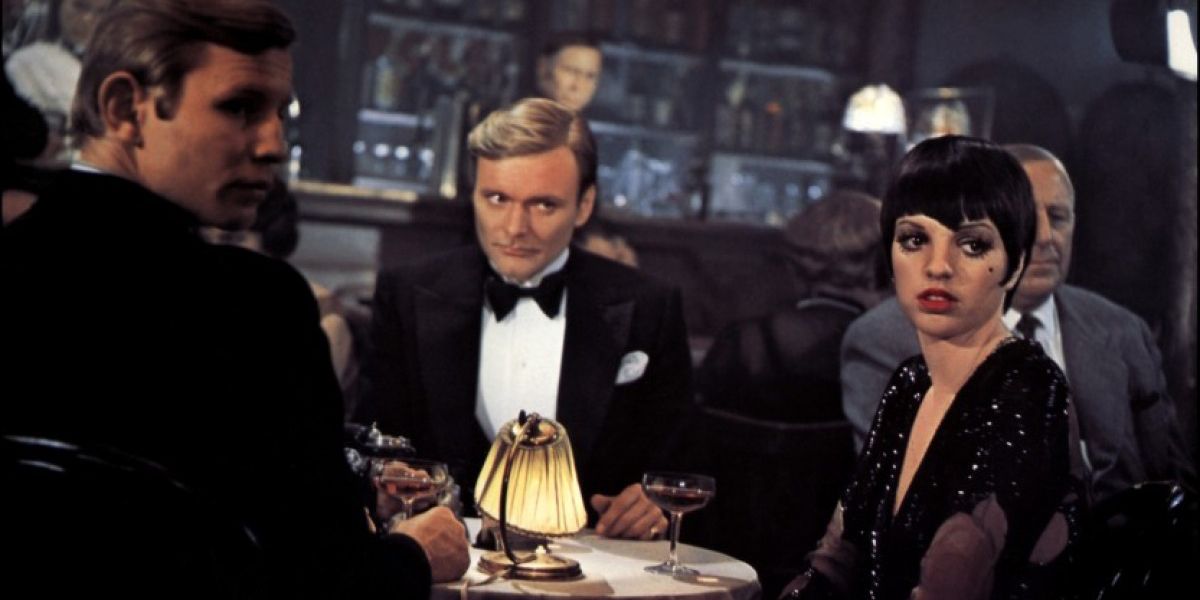
One of the main reasons behind the relevance of the movie today is that culturally, humans continue to repeat the mistakes that they have made in history which lead to adverse consequences in the long or short run. Cabaret's musical numbers were directly related to what was happening politically and socially in the time period, thus highlighting ironically how chaos and social denigration occurred while people were too busy distracting themselves at clubs.
Today, issues like climate change, racism, and ethnic cleansing are back on the radar, but because it might be too late to reverse them. The apathy that the people of Berlin showed is the same as the nonchalance of today's world, which has led the world into a terrifying and unprecedented era.
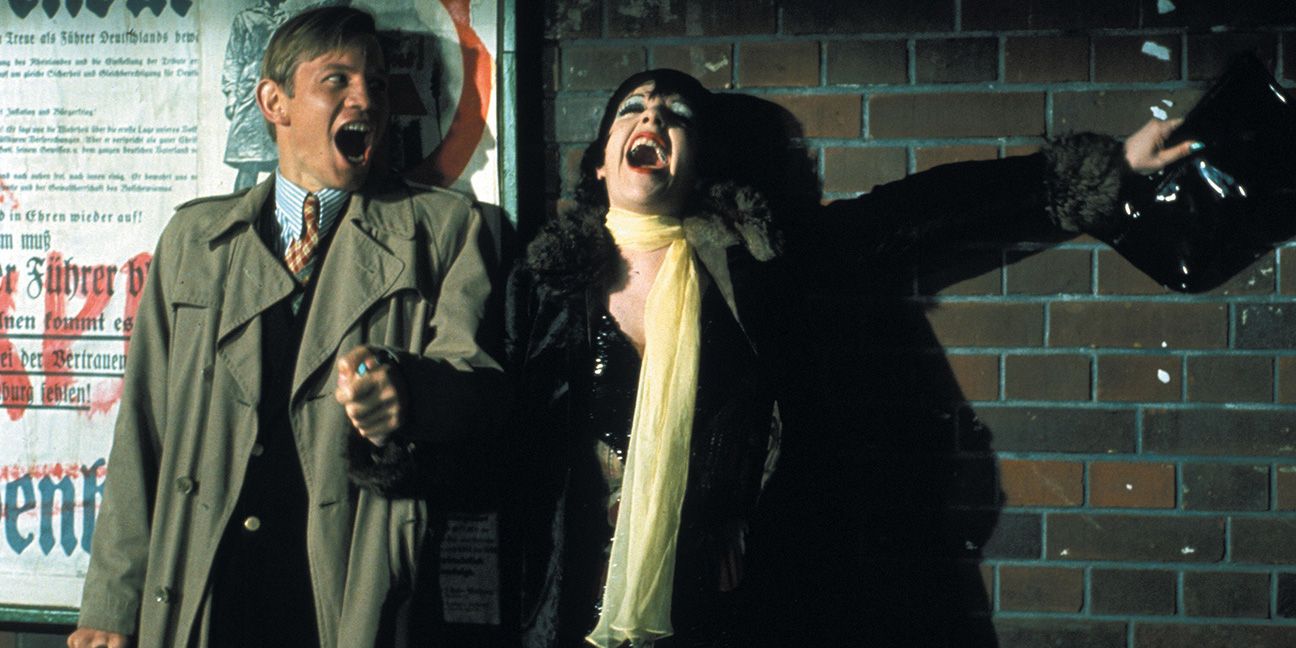
Aside from the political and impending wartime tensions that the musical portrays, it also is very simply, a tale of survival, very much like the recently released show Maid. 1931 in Berlin was not a particularly prosperous time for the working class, which can be seen in Brian and Sally's struggles every day.
Brian tutors in English for 3 marks an hour, Sally gets by on her performances and the kindness of the rich men she meets at the club, and Fritz is as destitute and looking for a fortune via marriage. Times were hard then, and the grapple to make ends meet is instantly relatable for younger generations today.
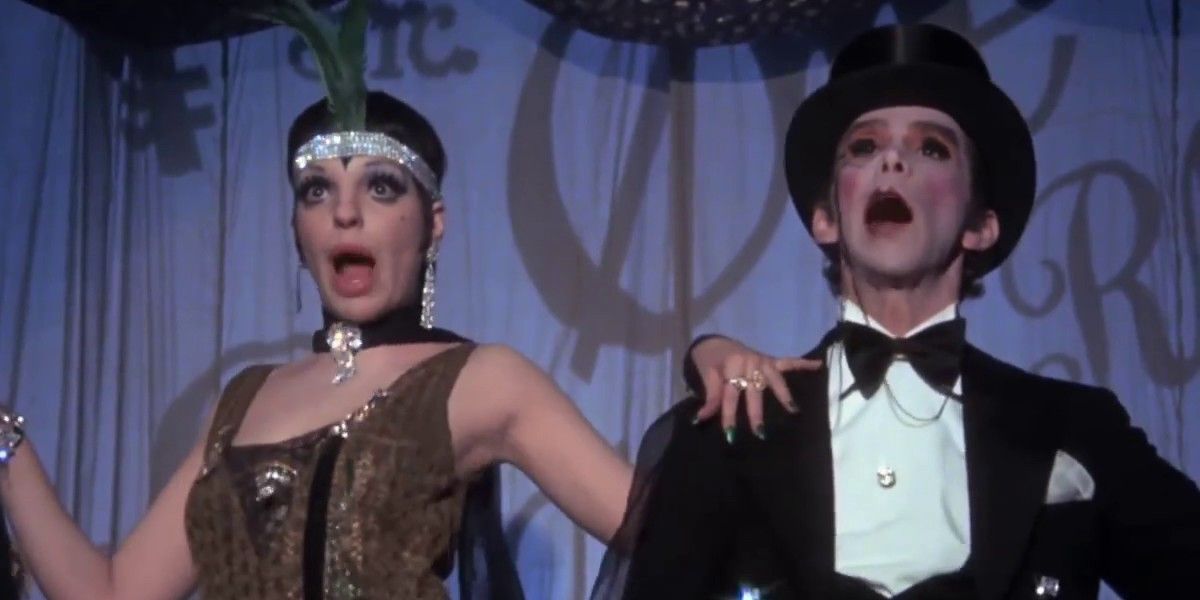
A common problem today that's plaguing young minds is the innate entanglement of work and ambition with self worth. Sally Bowles went through the same struggles, to the extent that she broke down one day, knowing that she may not become the big star that she dreamed of becoming.
This is instantly relatable to every human being, due to the undue amount of focus the world puts on a person's work, instead of their well-being and who they really are. Clearly, this syndrome has been around a long time and will stick around till people speak up against it.
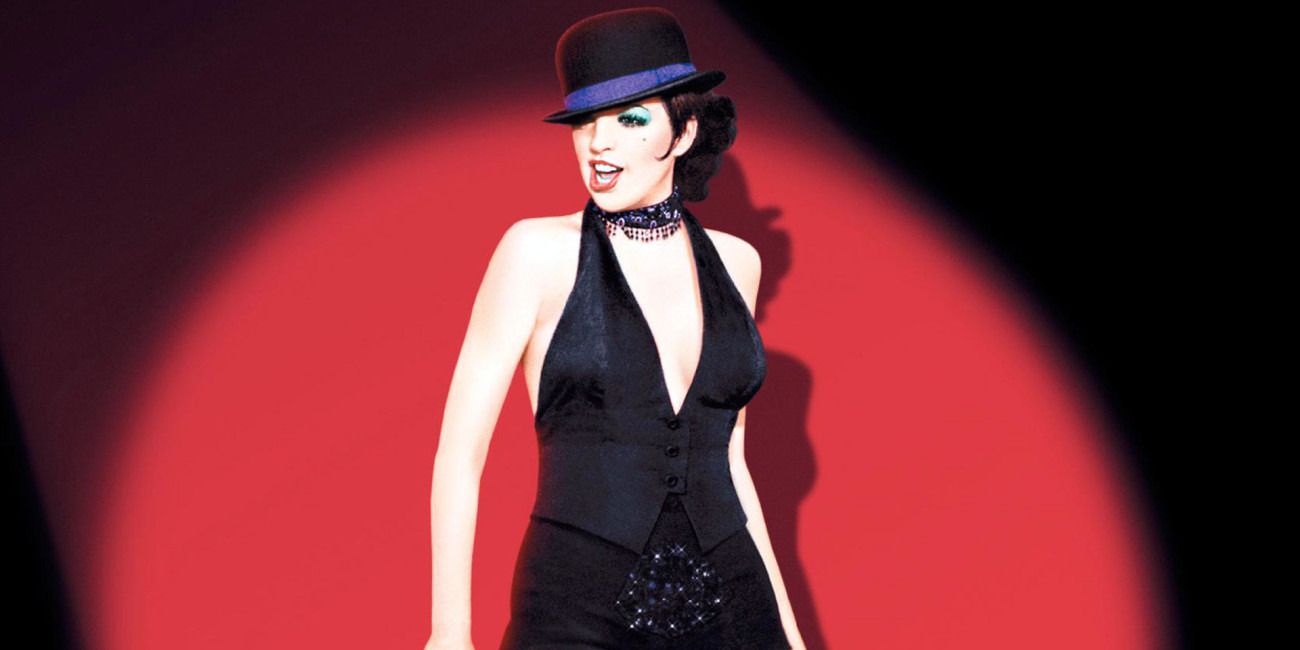
Liza Minnelli's character had the privilege of wearing some fantastic costumes during the movie, designed by Charlotte Flemming. From her iconic all black outfit during "Mein Herr," complete with velvet derby, garters, and boots, to her flapper-style costume in "Money Money" and flowing dresses with bejeweled details through the movie, the costumes were never really 30s specific, but perhaps that is what made them timeless.
from ScreenRant - Feed https://ift.tt/3xFod4c


0 Comments